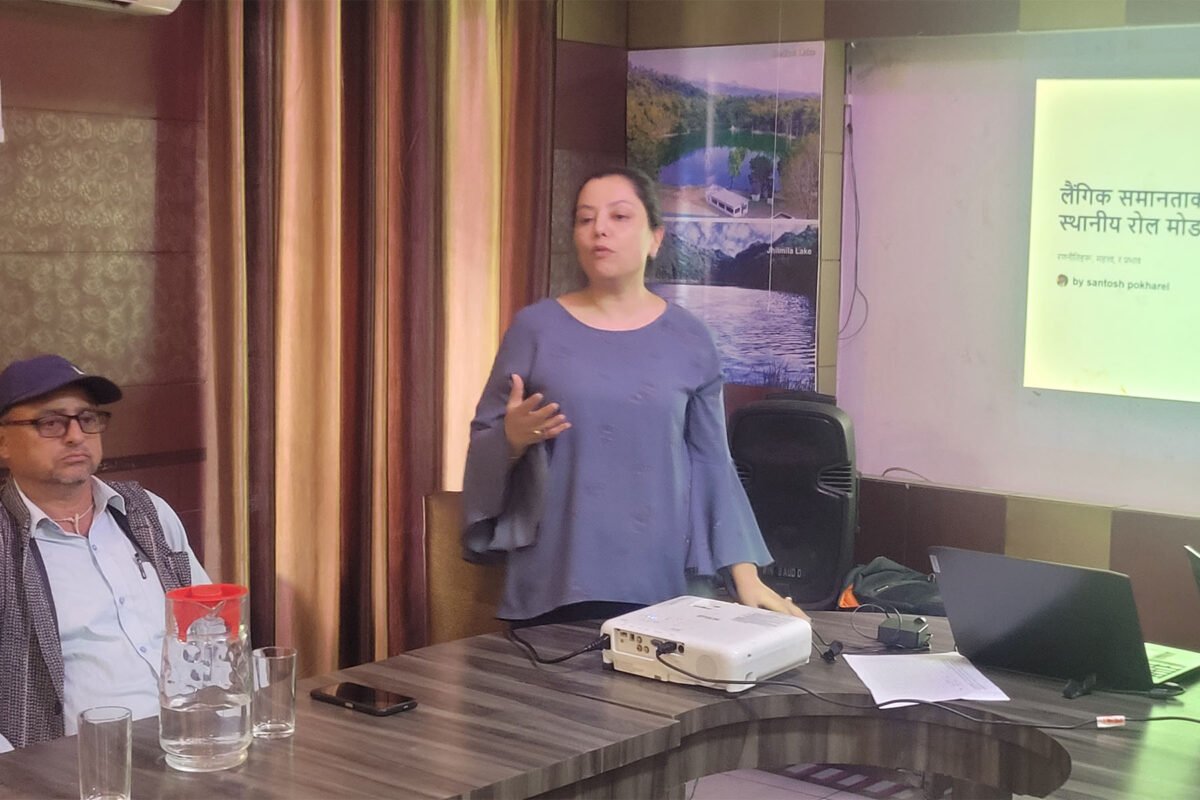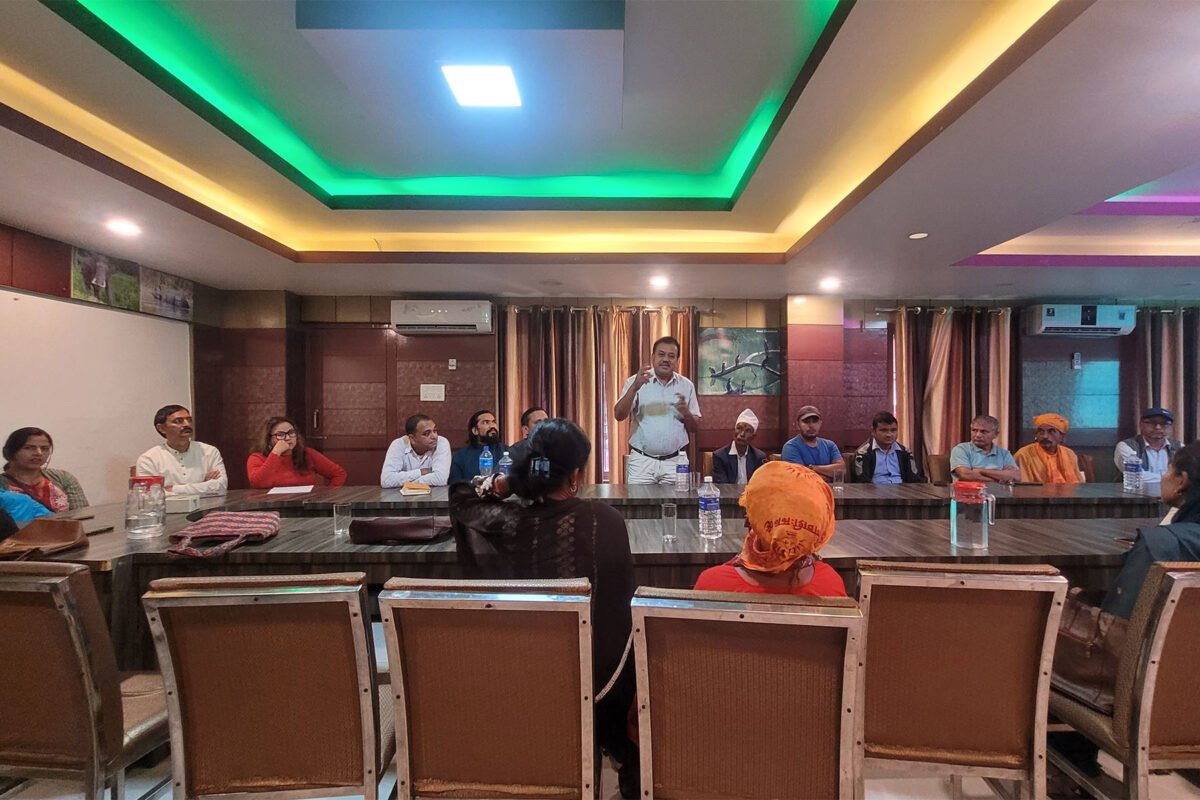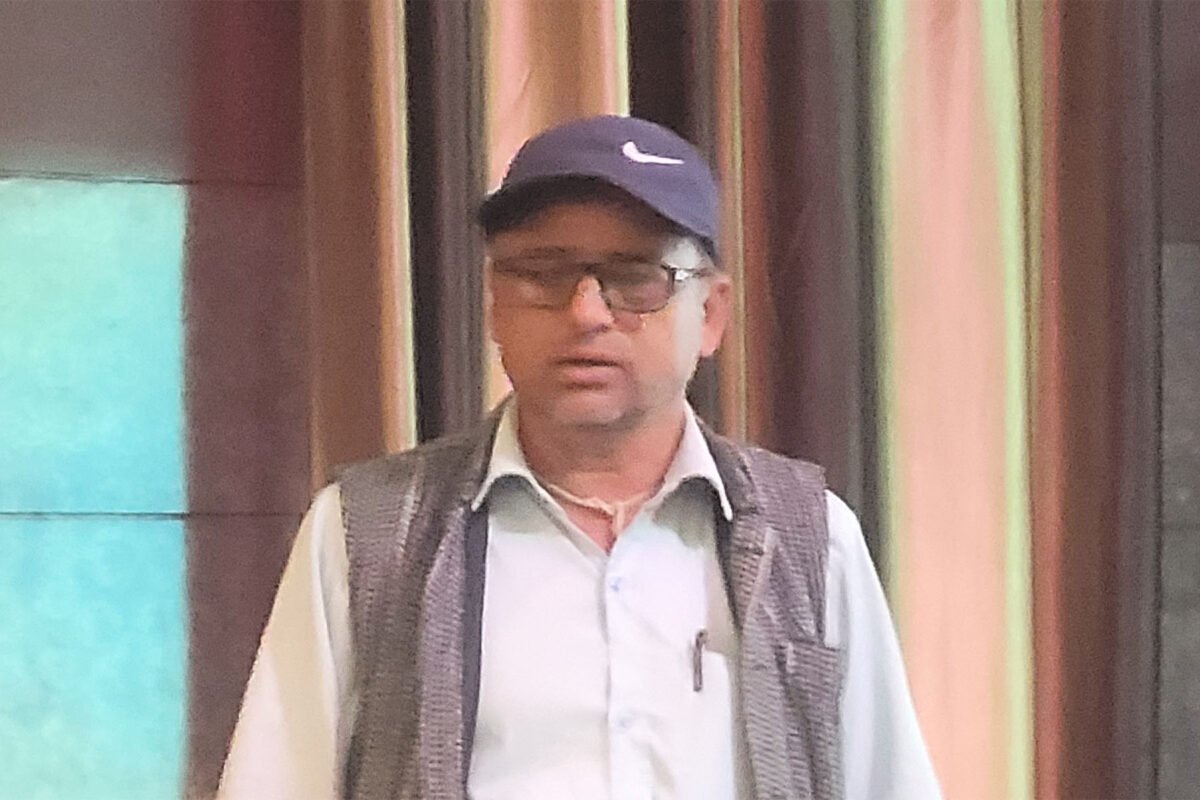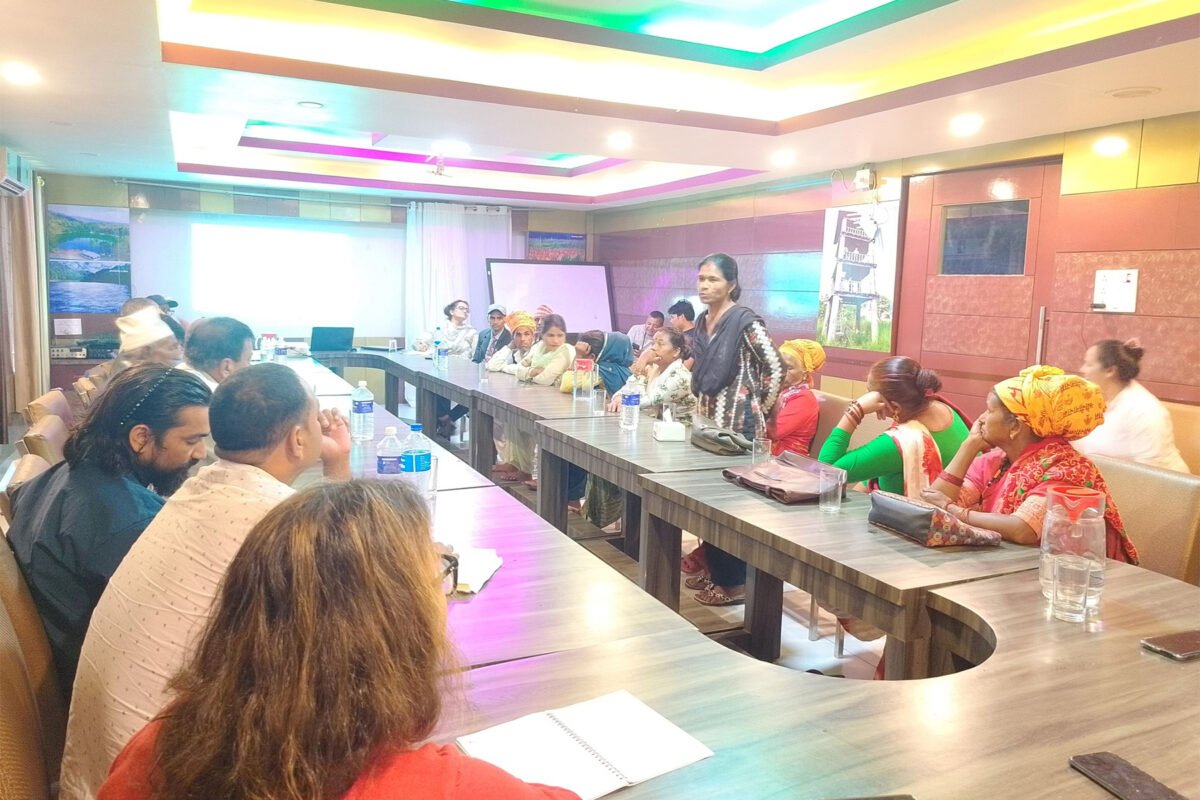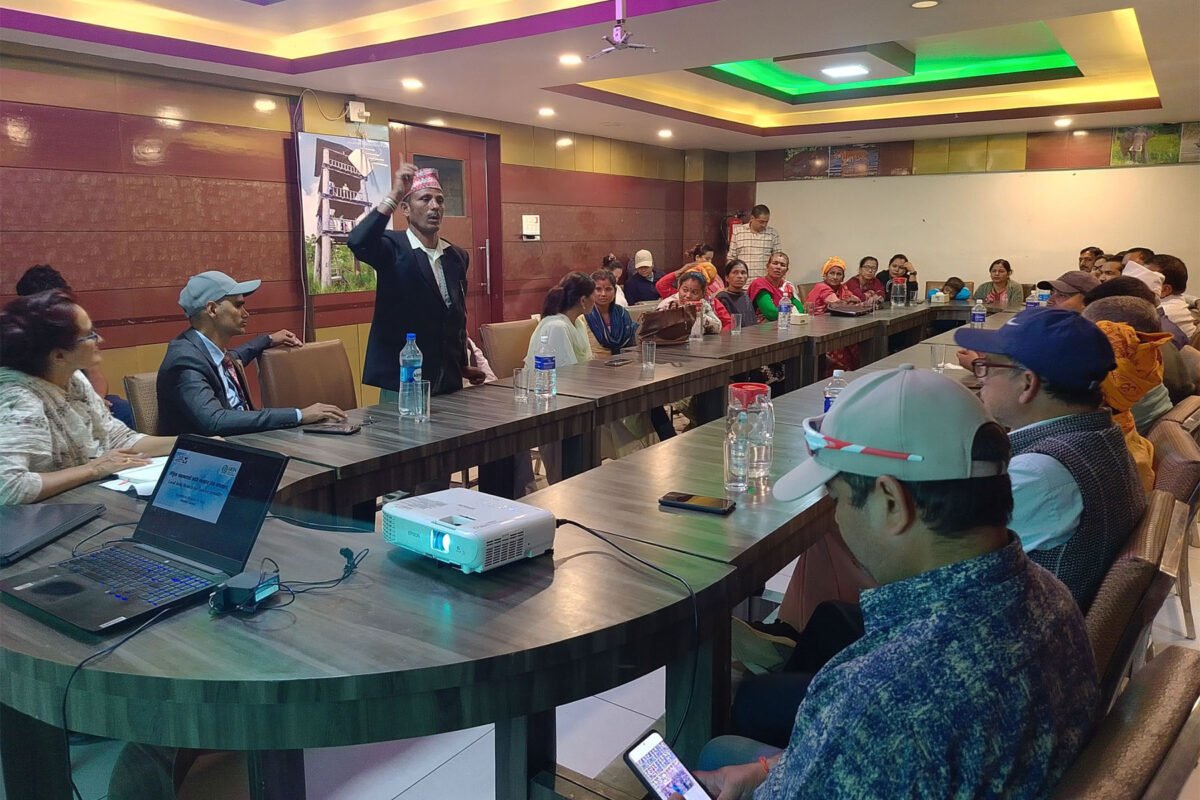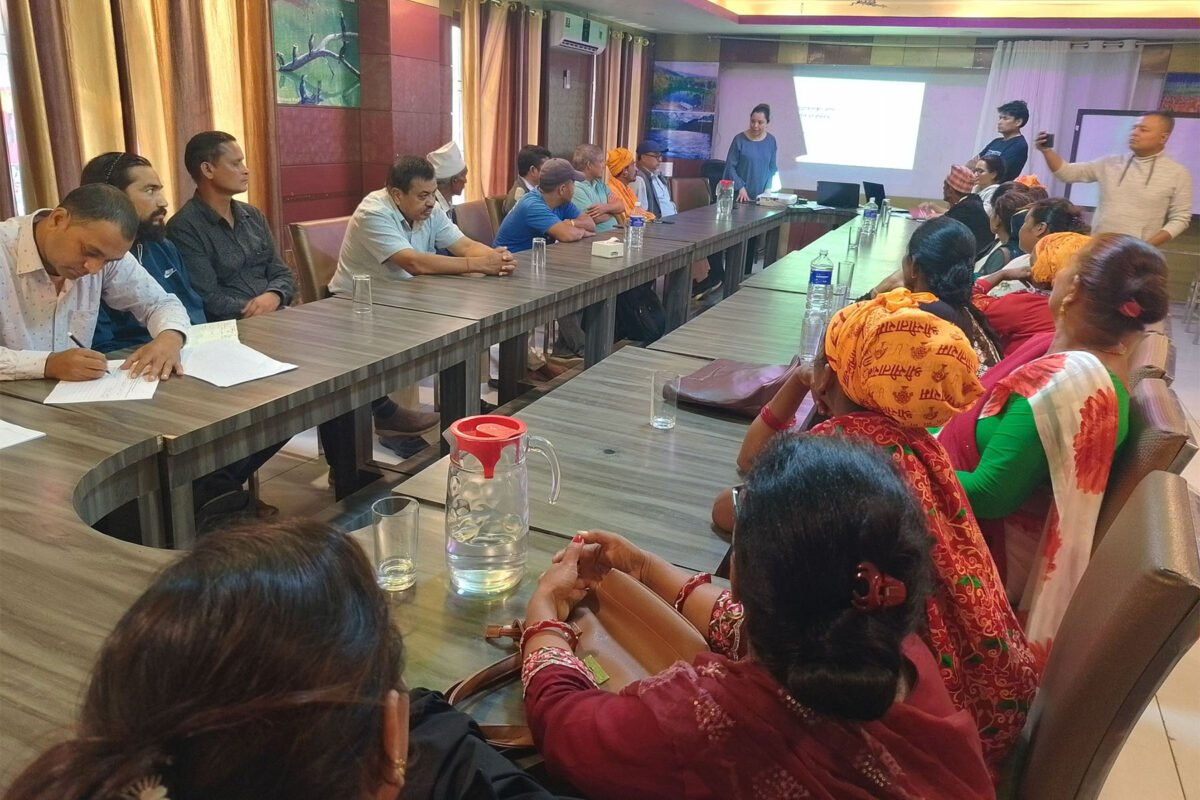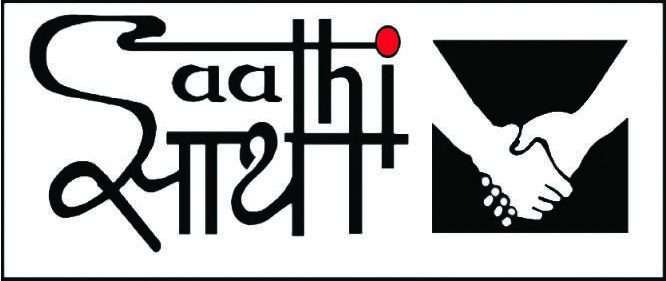Mahendranagar, Kanchanpur – November 10, 2024: The workshop brought together over 30 participants, including traditional healers, religious leaders, and civil society representatives, to tackle harmful gender-biased cultural practices. The event, held under the Generating Ownership Awareness & Liberation (GOAL): From Harmful Gender Stereotypes and SGBV Program, aimed to identify role models among community leaders to drive positive social change.
Traditional healers and religious leaders, revered for their influence and extensive community networks, were at the heart of this initiative. Recognizing their potential to foster large-scale transformation, the program seeks to engage these leaders as pivotal agents in challenging harmful norms and beliefs that perpetuate gender-based violence and inequality.
The workshop, conducted in collaboration with Aide à l’Enfance de l’Inde et du Népal (AEIN), provided a platform to discuss gender-biased socio-cultural norms. Participants highlighted critical issues such as the dependence of women on male family members for decision-making despite bearing the brunt of familial responsibilities. They emphasized the urgency of dismantling the mindset rooted in biased beliefs and customs, which continue to fuel gender disparity in society.
Mr. Santosh Pokharel, Portfolio Manager at Saathi, presented the organization’s strategy and guidelines for identifying and mobilizing role models within these influential groups. The discussion underscored the importance of collective efforts to combat stereotypes and foster an inclusive environment that empowers women and girls.
“This initiative is a vital step toward transforming deeply entrenched societal norms,” said Mr. Pokharel. “By leveraging the trust and authority of traditional healers and religious leaders, we can inspire communities to embrace gender equality and reject harmful practices.” The workshop concluded with a renewed commitment from participants to drive awareness and foster change at the grassroots level. This collaboration marks a significant milestone in the fight against gender-biased traditions and beliefs, offering hope for a more equitable society.

